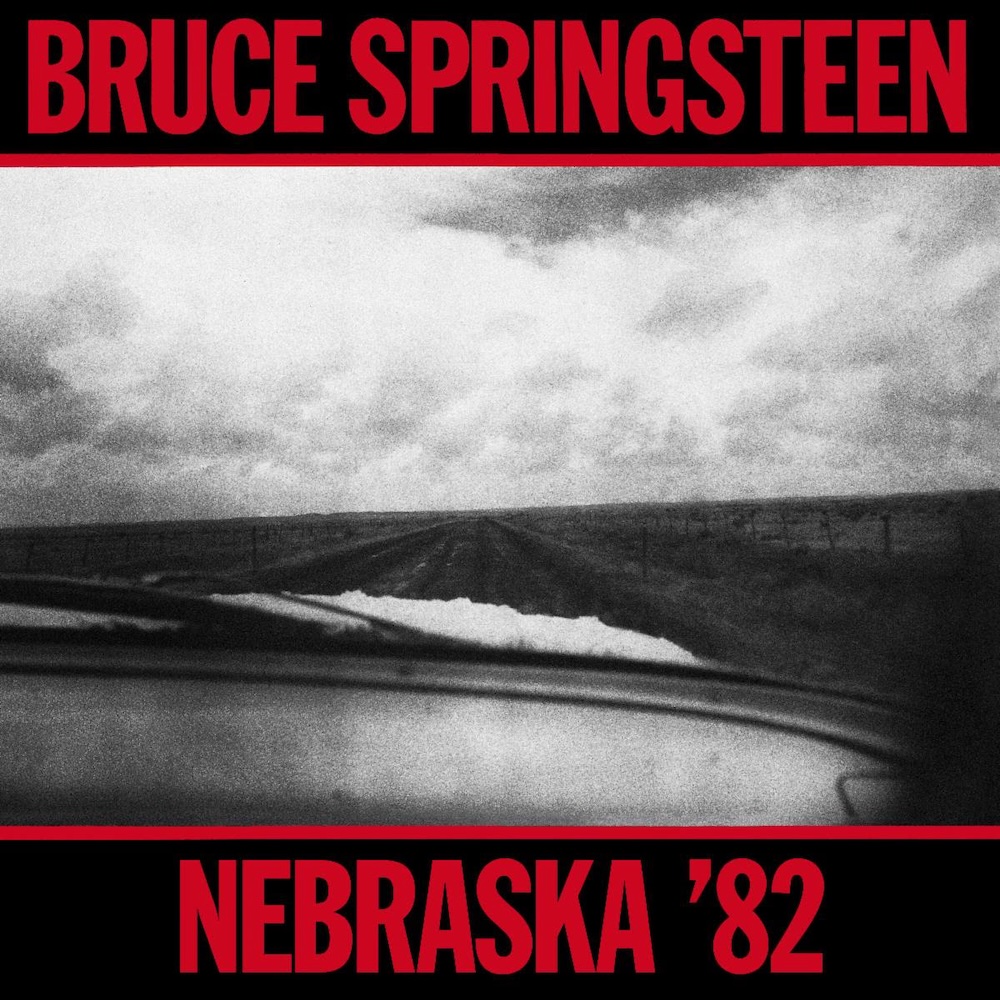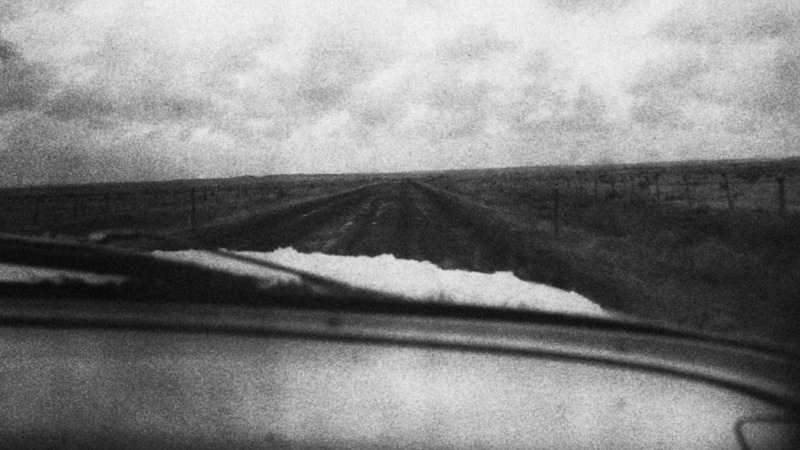Electric Dreams: Springsteen's Lost 'Nebraska'
Explore Bruce Springsteen's electrified version of 'Nebraska' and its impact on today's music scene.

Bruce Springsteen has always been the troubadour of heartland America, wielding a guitar like a sledgehammer against the defenses of the soul. In 1982, "Nebraska" was a stark whisper amidst the cacophony of pop bombast, a stripped-down confessional that laid bare the turbulent landscape of the human heart — without the safety net of a band. Springsteen, alone in his New Jersey sanctuary, recorded this collection with nothing but a four-track recorder and ghosts to keep him company. The result was raw, unfiltered, and hauntingly beautiful.

So what does an electric "Nebraska" really mean? It's not just nostalgia, nor is it an opportunistic cash grab. It is a resurrection of a phantom limb, a heartbeat that never got the chance to resonate with the full weight of its sound. These electric versions — whispers now turned into howls — promise to reveal a world of lost possibilities, a parallel universe of tracks like "Atlantic City" and "Johnny 99" that were once silenced before they could howl their defiance.
Rebel's Reverberation

Springsteen's decision to finally unveil these recordings isn't just a nod to his past; it's a statement about the present — a present where genuine emotion fights to breathe amidst the choking suffocation of auto-tune and PR gloss. In today's cultural landscape, where playlists are curated by algorithms and emotions are neatly packaged for mass consumption, the electric "Nebraska" cuts through the noise as a beacon of authenticity — not as a relic, but as a revelation.
For those who cherish the mythos of the rock 'n' roll rebel, this release is nothing short of a cultural event. It's a chance to celebrate an artist who has never traded his authenticity for hollow hype, a reminder that real art doesn't just entertain; it demands. It demands we feel deeply, think critically, and remember that music is not just background noise but a call to arms.
Echoes of What Might Have Been

Revisiting "Nebraska" with its electrified edge invites us to question: What might have been if these tracks had been fully realized at their inception? Perhaps they would have swelled stadiums, ignited airwaves, or even reshaped Springsteen's trajectory entirely. Yet, perhaps their true power lies in their silence all these years, waiting for the right moment to roar into existence.
In merging past with present, Springsteen affirms that rebellion is timeless, that music's power to confront and console never truly fades. No mainstream chart can measure the value of art that dares to be dangerous, that refuses to be tamed. As we listen, we are reminded that the world still craves real rock, real danger, and, most importantly, real emotion. Jeremy Allen White and Jeremy Strong's performances in the upcoming biopic "Deliver Me from Nowhere" might just echo this sentiment, capturing the spirit of an artist who dared and continues to dare. This release serves not only as a reminder of Springsteen's impact but as a poignant shot across the bow of today's sanitized music industry. A call to remember what it is to be real.




